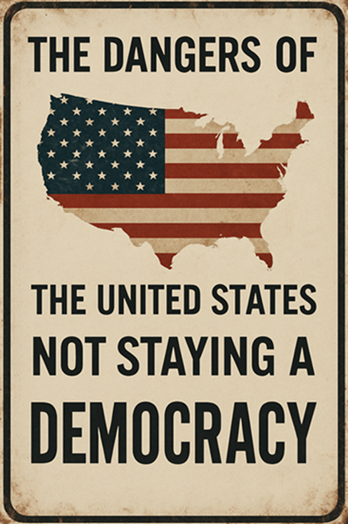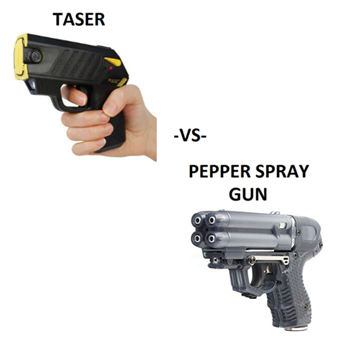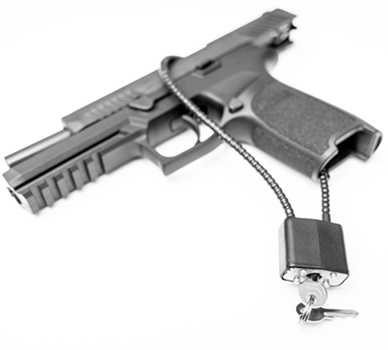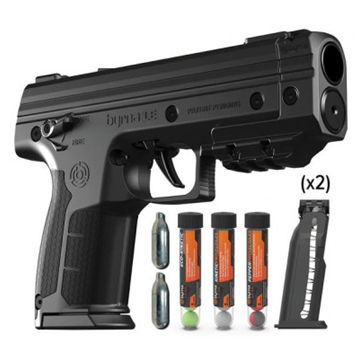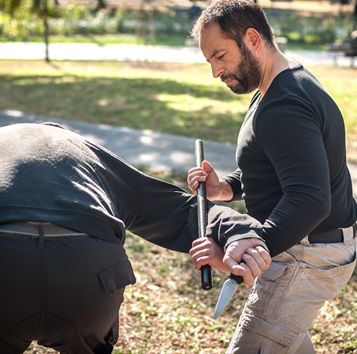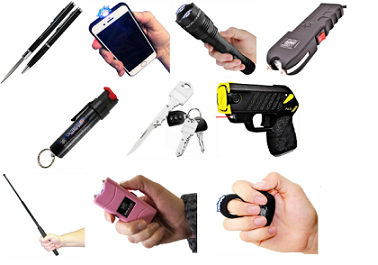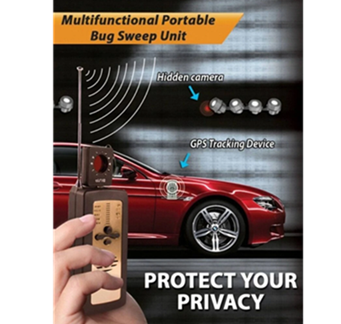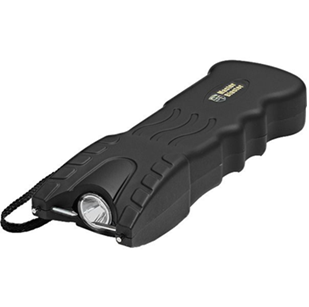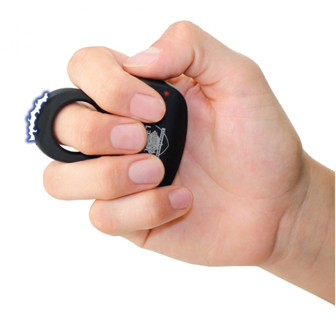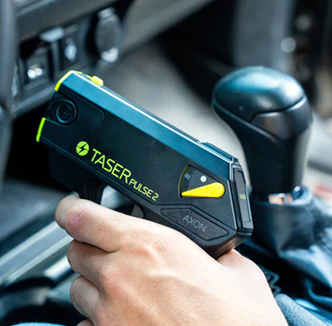Massachusetts Stun Gun and TASER Laws

In Massachusetts, the purchase, use, and possession of stun guns and Tasers are legal but subject to stringent regulations. This guide outlines the legal requirements for owning and carrying these self-defense devices in the state.
Firearms License Requirement
To legally possess and carry a stun gun or Taser in Massachusetts, individuals must hold a valid firearms license. This makes Massachusetts one of the states with the most rigorous laws regarding stun devices in the country.
The 2018 Court Ruling
Previously, Massachusetts had banned civilian possession of stun devices. However, in 2018, the Supreme Judicial Court of Massachusetts ruled that the ban was unconstitutional. This led to a shift in the law, and stun devices were classified under the legal definition of firearms. Consequently, individuals must adhere to the same licensing and regulatory requirements as they would for firearms.
Classification of Stun Devices
Massachusetts law treats all stun devices equally, regardless of how they operate. Whether a device delivers an electric shock upon direct contact or fires electrified darts (as with Tasers), the state regulates both types under the same laws. Prior to 2018, stun devices were restricted to law enforcement use only. However, the court’s ruling prompted new regulations, allowing civilians to own and carry stun guns and Tasers, provided they have the proper licensing.
Covert Stun Devices Prohibited
While Massachusetts law permits stun guns and Tasers that resemble firearms, covert devices—such as those disguised as pens or cell phones—are explicitly banned. This ensures that only devices designed for self-defense purposes are legally permitted.
Eligibility for Licensing
The ability to obtain a stun device license in Massachusetts is restricted for certain individuals, similar to the restrictions placed on firearms ownership. People who fall into the following categories are not eligible for a stun device license:
- Those under 21 years of age
- Individuals with a prior felony conviction
- People under domestic violence protection orders
- Individuals subject to an “extreme risk protection order” (ERPO)
A background check is required before obtaining a stun gun license. Additionally, if an ERPO is in place, the individual must surrender both the license and any stun devices in their possession.
Storage Requirements
In response to the Ramirez v. Commonwealth decision, Massachusetts law requires that stun devices be stored in a locked container. Only the owner or an authorized user may access the container, ensuring that stun devices are safely stored.
Restrictions on Stun Devices in Secure Areas
It is illegal to enter secure areas—such as airports or airplane cabins—with a stun gun or Taser, even if the individual holds a firearms license. This restriction is enforced to ensure the safety of all passengers and airport staff.
Penalties for Violations
Violating Massachusetts’ stun gun and Taser laws can result in severe penalties. Possessing a stun gun or Taser as a minor, convicted felon, or someone under a restraining order is a criminal offense, punishable by up to two years in prison and a fine of up to $1,000. Carrying a stun gun or Taser without a license in a public place can also lead to a prison sentence of up to two years and a fine of up to $1,000. These laws and penalties are subject to change, so it is important to consult with an attorney to ensure compliance.
Conclusion
If you are considering purchasing or using a stun gun or Taser in Massachusetts, it is crucial to understand and comply with the state’s legal requirements. Make sure you meet the eligibility criteria and obtain the necessary firearms license to avoid potential criminal charges. If you have any questions or concerns about the stun gun and Taser laws in Massachusetts, it is recommended that you consult with an attorney or law enforcement professional to ensure you are following the current regulations.
See the cost of Stun Guns and TASERS.
Disclaimer: The information provided in this blog post is for general informational purposes only and should not be construed as legal advice. The laws and regulations regarding stun guns, TASER devices, and other electronic defense weapons can vary widely by jurisdiction and can change over time. Therefore, it's important to consult with legal professionals or relevant authorities to obtain accurate and up-to-date information that applies to your specific circumstances.
Company Info
Customer Service
Product Information
- TASER® and Stun Devices Regulations by State
- TASER® Safe Escape Product Replacement Guarantee
- TASER® Comparison Chart
- TASER® User Manuals
- TASER® Warranty Info
- Byrna Product Catalog
- PepperBall Manuals & Spec Sheets
- Pepper Spray Laws
- Air Gun Laws
- States that Restrict Automatic and Butterfly Knives
- Our Print Catalog






























